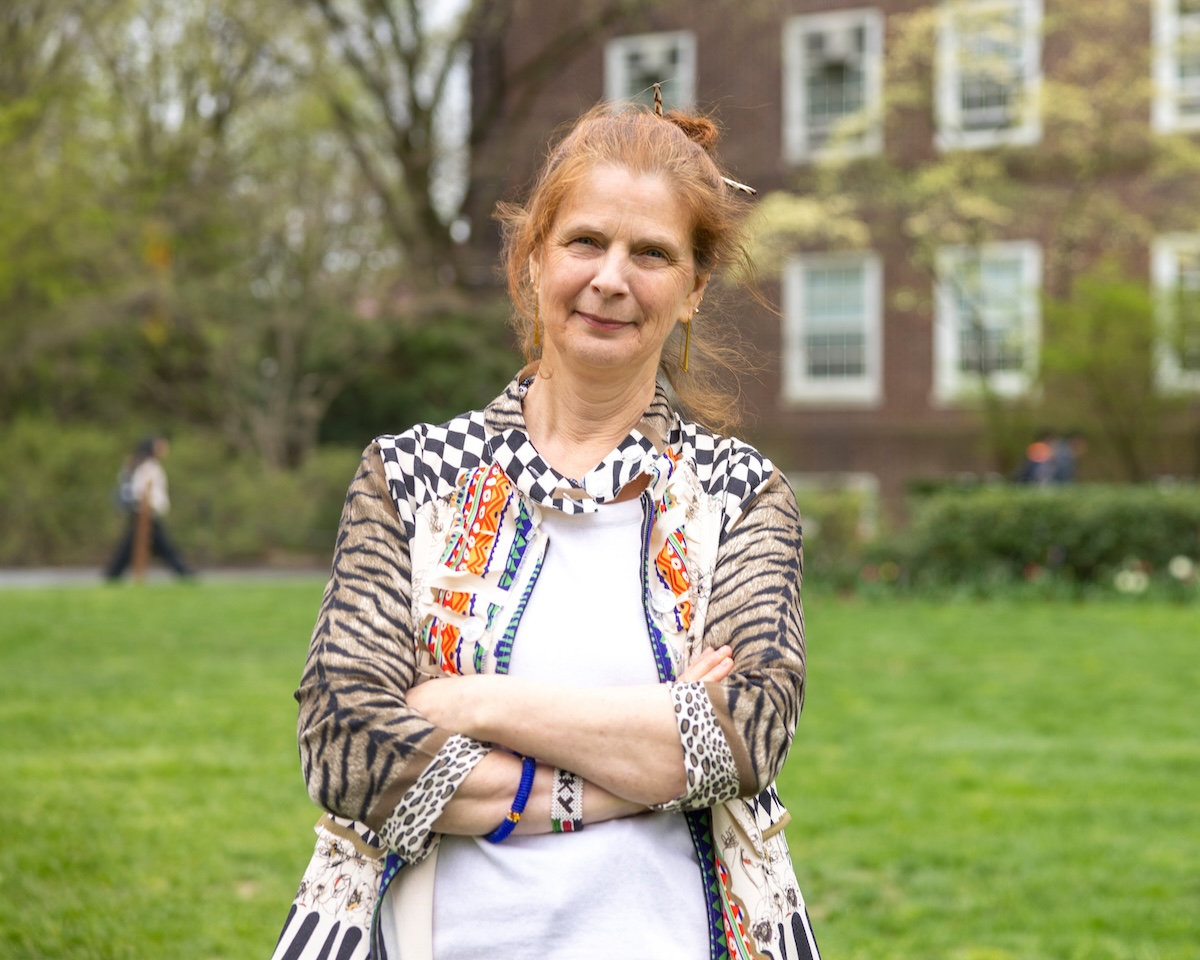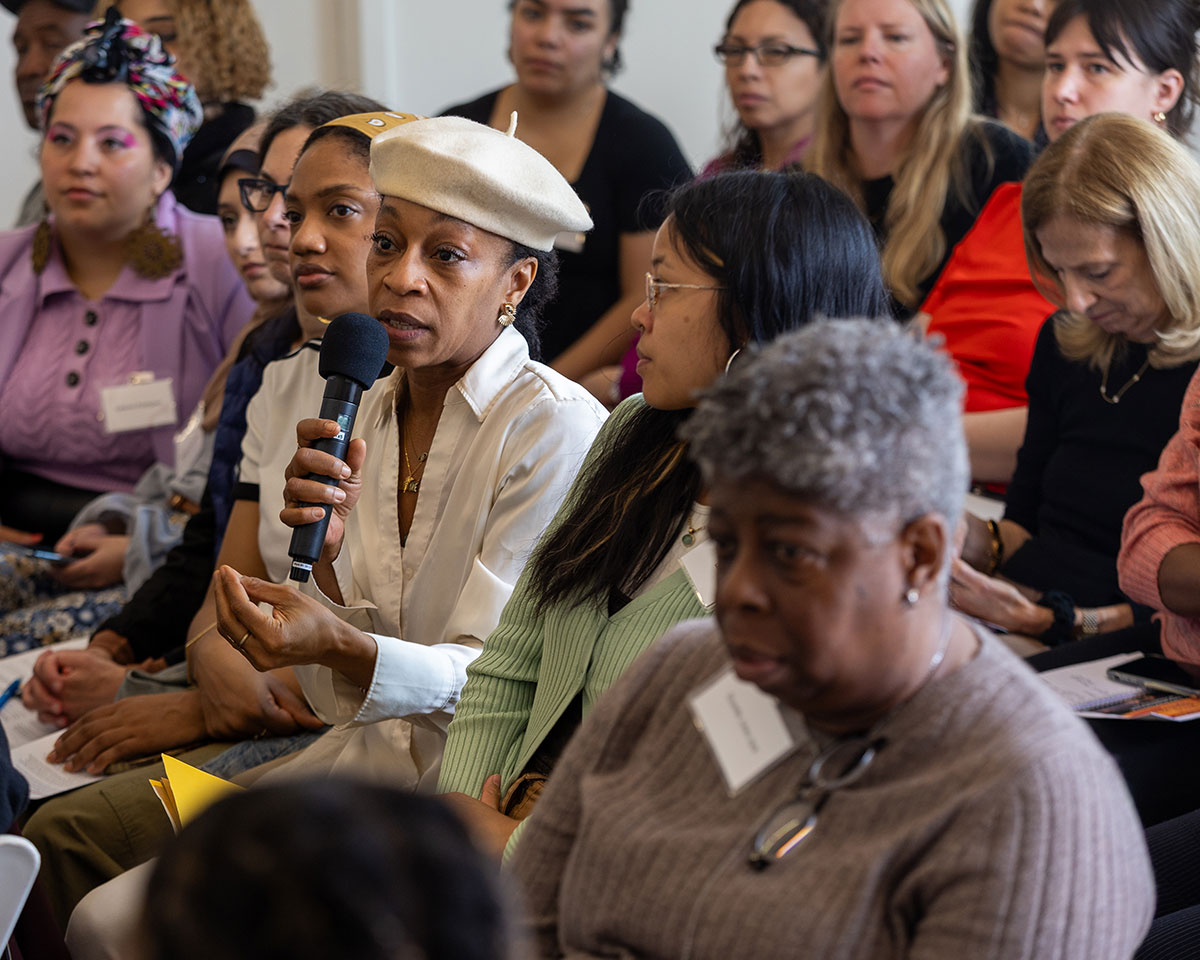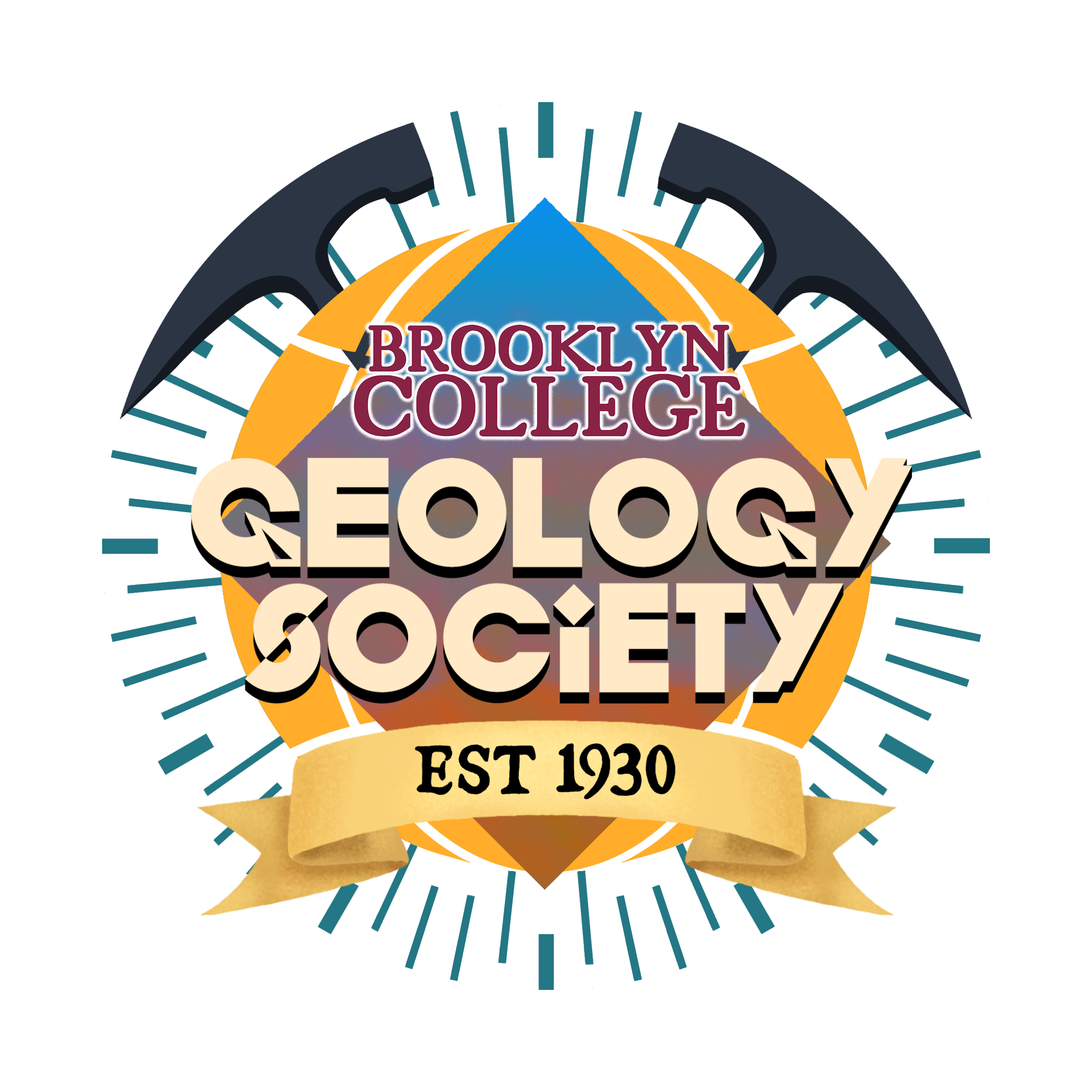Earth and environmental sciences specialist to work with a team in Kenya in a return to her research roots.
Climate change is expanding the range of mosquito-borne diseases like never before. But tracking this information and other data related to the effects from climate change—particularly in regions where technology is not as readily available—is a global challenge.
Now, a new Fulbright Scholar Award received by Associate Professor of Earth and Environmental Sciences Rebecca Boger will help teach people in Kenya, and throughout the world, how to use and interpret “geospatial data”—information collected through technologies including software applications, GPS, GIS, and remote sensing—to quantify the extent to which climate change will influence the length of the transmission season and estimate the population at risk of mosquito-borne diseases in the future.
This Fulbright award will allow Boger—who has a background in geospatial technologies, marine science, and science education—to work with colleagues at the United States International University Africa (USIUA) and the GLOBE Program in Kenya administered by the Kenya Space Agency (KSA). Her proposal, “Digital Technologies and Citizen Science: Educating and Creating Tools for Public Good in Kenya,” will ultimately help fund the creation of a citizen science app tailored for use in Kenya and represents a return to her research roots.
“I worked at the GLOBE office as an international project scientist and international liaison for Africa and the Near East between 1999 and 2007 before joining the faculty at Brooklyn College in 2007,” Boger said. “During this time at GLOBE, I had the wonderful opportunity to work with many ministries of education and environment, universities, and primary and secondary schools in 20-plus African countries. Kenya is doing important work to promote citizen science through community-based mapping projects addressing issues of mosquito-borne diseases, water resources, and land cover change, and my background and expertise would be a perfect fit for this project and my interests.”
Collaboratively with her Kenyan colleagues, Boger will help to lessen the digital divide between developed and less developed countries, while empowering people with the geospatial skills and tools to document causes of mosquito-borne diseases and impacts of climate change. This project will provide Kenyans with skills and data collection methods that will better enable them to find evidence-based solutions to a variety of challenges they face.
There will be two phases to this project: During the first semester, Boger’s colleagues will develop the education modules and the citizen science app. The second phase will happen during the spring 2023 semester and will see Boger teach the geospatial course. The project team will also hold a series of short GLOBE workshops to test the app and teacher education modules that use citizen science data.
“We will collect data through the participant interviews to create one or more map stories,” Boger said. “Data analysis and map story development would continue after my return to Brooklyn. The data collected will enable me to collaborate with local researchers targeting articles in education and research journals.”
The initiative is both research and education based, as the team will develop undergraduate student-centered education modules that can be used for stand-alone courses or inserted in other courses. Modules will also be developed for secondary school teachers that will be structured around an innovative science learning pathway that begins with students using a digital citizen science app at their homes to collect environmental data, combines with other publicly available datasets, and ends in the analysis of the combined data as a class project.
“All education materials will be flexible on the teaching modality—online, hybrid, or face-to-face—used,” Bogel explained. “In the spirit of the Fulbright Program, we hope to foster mutual understanding between our countries, while simultaneously working toward the goals of global science and climate literacy and promoting digital public goods. These are much needed for a resilient and sustainable planet.”
About Fulbright Scholar Awards
Fulbright Scholar Awards are prestigious and competitive fellowships that provide unique opportunities for scholars to teach and conduct research abroad. Fulbright scholars also play a critical role in U.S. public diplomacy, establishing long-term relationships between people and nations.



